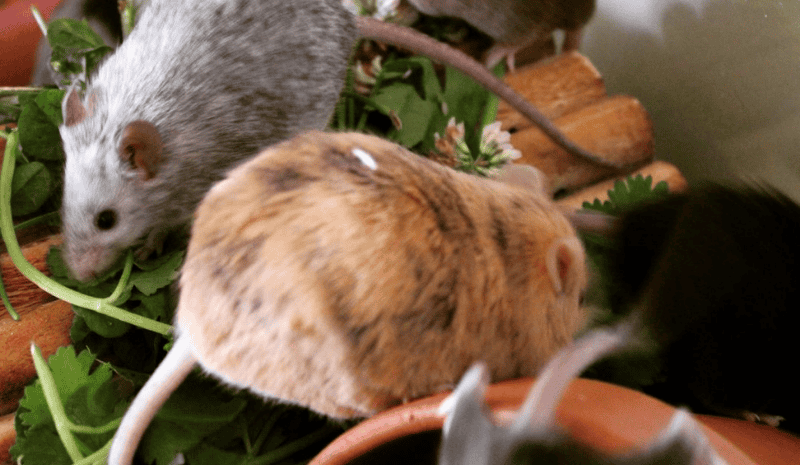Rodents are terrible neighbors when they build a nest in your house. Do you want to know what scent will keep mice away? There are lots of cheap and still working solutions. You don’t have to call a pest control service if you want to prevent the mice infestation or get rid of one or two creatures. However, if you have a severe infestation, you have to call professionals. This article offers you recommendations mainly for prevention. Since mice have a strong sense of smell, you can start by surrounding your space with aromas that mice can’t tolerate. You can repel those mice that are already inside the house.
How to Scare Away Mice With Scents
- Use natural oils;
- Try chili powder;
- Mothballs usually contain scents that mice can’t stand;
- Ammonia smell can even lead to their death;
- Teabags in different corners of your house prevent mice from entering it;
- Peppermint oil is a common mice repellent;
- The smell of vinegar can make them dizzy and quickly leave the nest.
Guide to Using Scents to Get Rid of Mice
Do you want to answer the “what smells do mice hate?” question? This knowledge will help you to protect your house and prevent further mice infestation. Unfortunately, mice are a common problem around the country. Although they prefer to live far from humans, feeding on crops, once the winter comes, they start searching for a safe and warm place to live. Your house is the ideal place for them since they can not only prosper in warm conditions but get access to the free food from your kitchen, and sometimes, from the furniture and walls made of wood. If you don’t want to co-exist with them, you have to act. The best way to start is by putting smelly oils around their nest.
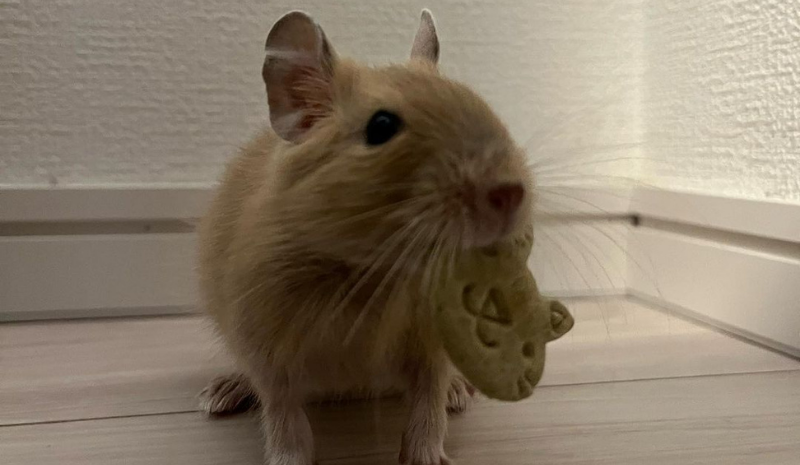
How Can You Tell if You Have Mice?
Before we start delving into the “what natural scent do mice hate?” issue, let’s understand how to find out whether a mouse lives inside your house. There are numerous signs that we usually ignore until we see this tiny creature with beady eyes and numerous infections on its legs. Mice prefer to hide from humans for as long as possible. They are also nocturnal, being active only during the night, which makes it harder for us to catch them. You have to pay attention to the next signs:
- You hear scratching sounds. You might notice that scratching comes from the ceiling or the walls. Mice prefer to live inside the walls, making a hole inside the wall as the entrance;
- Small droppings of black color in the places where mice dwell. Mice are not clean animals. They leave their feces everywhere they want. Sometimes, you can find them near the food they chewed. There will be lots of droppings since one mouse can defecate 80 times per night. Look at the window sills and kitchen counters in the first place;
- Urine. Mice don’t have control over their bladder. They leave urine pillars wherever they go. These mounds are stinky and can be a sign that mice live in this house for some time;
- Smell. You will be able to feel the smell of mice urine from afar. They have a strong scent that feels like ammonia. Many people notice that there are mice in the house only when they smell them. Pay attention that the odor is stronger in severely infested houses;
- Prints on the floor and walls. If you clean your house frequently, there will be no problem noticing dark track prints left by mice. You can look behind the dishwasher and cupboards to find the traces;
- Damaged furniture and foodstuffs. Mice can get to your cupboards searching for food. They will easily dig through the pack of cereal or even rice. They can chew the plastic container. If they don’t find the food in the kitchen, they will chew everything wooden. You might notice the signs on your chairs.
What Scents Do Mice Hate?
[su_youtube url=”https://www.youtube.com/watch?v=fTyACNJ3n2U”]
Once you realize you have mice in your house, learn the smells that mice hate to scare them away. Some scents can even kill them in rare cases. Mice are vulnerable to scents around them. You can use this information to get rid of them.
Peppermint
Peppermint smells nice for many human beings but not for rodents. It scares not only mice but rats as well. This oil is one of the closest alternatives to the pesticide. It means that peppermint belongs to the scents that deter mice. You have to spread the oil inside the house. If mice live outdoors, apply the oil close to the nest.
Keep in mind that the scent can easily evaporate, and you have to keep refreshing it. The best solution here is to mix the water and up to 15 drops of oil and use it as a spray. Use the oil until you notice that the mice are gone.
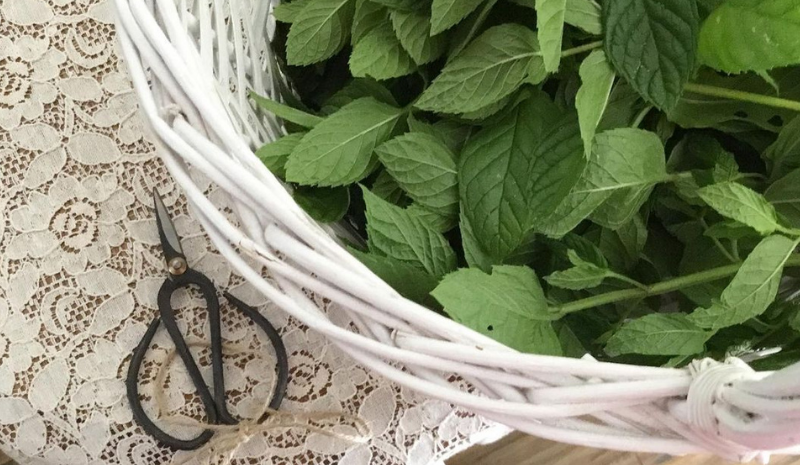
Eucalyptus
Eucalyptus is safe to use around the house. It does not cause any skin or eye irritation in big amounts. Instead, it belongs to the smells that repel mice. You can save the oil for longer by making a spray from it. Use:
- 2 teaspoons of oil;
- 1 cup of water;
- 2-4 drops of liquid detergent.
When your spray is ready, use it around the house. Pay attention to the places where you have noticed mice. Use the spray more around holes in floorboards, walls, cracks, and drains. You can repeat this procedure once a week for as long as the results don’t become visible.

Cedarwood
Cedarwood oil is toxic for all types of rodents in different ways. Since mice are smaller than rodents, you don’t have to waste the entire bottle of oil. Several drops will be enough. To save the oil for a long time, you can mix it with water. Shake it and create the spray you can use near the nests. While mice like to chew the wood and everything that is made of it, they weirdly can’t stand the scent of wood.
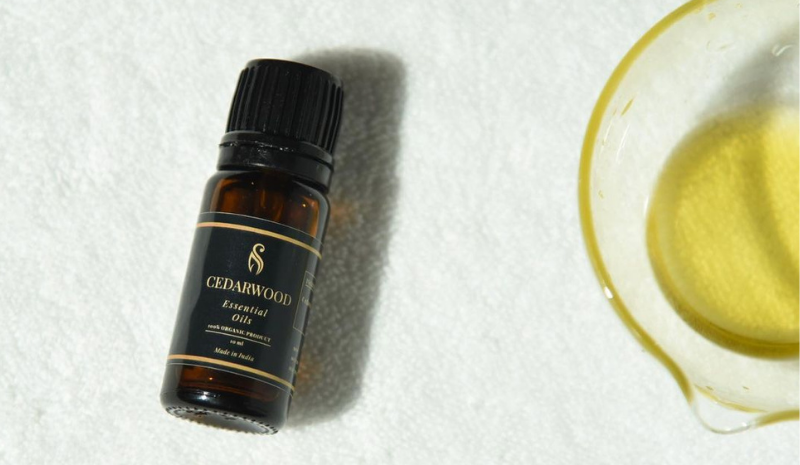
Chili pepper
Chili pepper can be used as oil or as a powder. It will cause huge irritation when mice ingest it or inhale it. It can deter mice if it is inhaled in big amounts. While the oil might not be the best solution to get rid of all mice, you can repeat the procedure of applying it everywhere in your house several times.
Chili contains capsaicin inside, which causes irritation. It acts similarly to the eucalyptus. Apply the oil or powder to all the corners where mice can hide. Repeat the same moves for several weeks until you notice results.

Cinnamon
Cinnamon has a spicy strong aroma that we usually associate with the delicious bakery. Yet, mice really hate this smell. Like any other spices, cinnamon irritates mice’s smell. You can use the powder to get rid of mice. The amount of the powder depends on the level of infestation in your place.
If you have cinnamon sticks, that’s ok too. You can put them into the kitchen cabinets, closets with food, underneath dishwashers, chairs, armchairs, sofa, and even bed if you have noticed mice there. This is a win-win situation since you receive a pleasant tasty aroma without buying luxurious candles while mice are quickly moving out. If you want to increase the effectiveness of cinnamon, you can use the oil or mix it with peppermint.
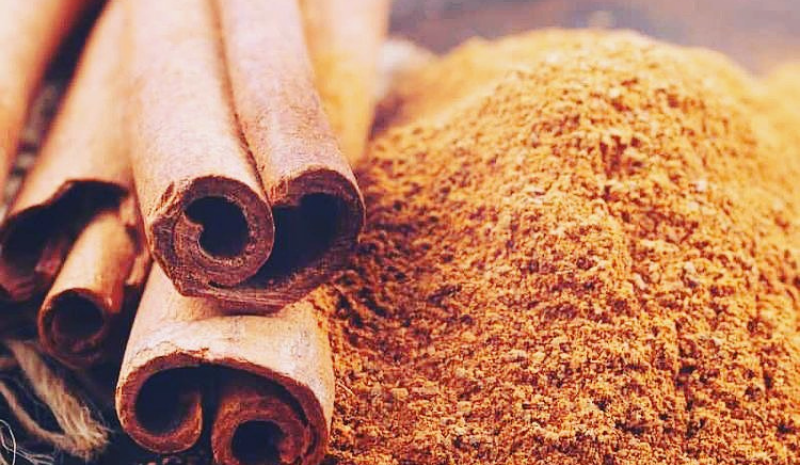
Vinegar
Do mice hate the smell of vinegar? The scent of vinegar is considered to be the most hateful for mice. Why? It is the strongest among other natural remedies and it turns them nuts. You will need an undiluted product to repel the mice. Numerous creatures hate the smell of vinegar, and mice are no exception. Its aroma is sour and strong.
If you cover the entire house with this scent, mice wouldn’t be able to live there for sure. Neither do you. You don’t need all your home to smell like the can jar with pickles. Instead, you can create a mixture, adding the water to the vinegar. Put it into the bottle and mix it. You can mist the spray only near mice nests. Try to apply it near the closets, doors, and everywhere you noticed mice before.

Mint toothpaste
You will not scare away mice with strawberry toothpaste. On the contrary, if you are looking for the “what smells do mice like?” solution, you have found your answer. They are attracted to the smell of fruits and food in general. So, you have to use a very specific type of toothpaste, the one that they hate the most, the peppermint or mint toothpaste.
This scent is one of the most popular among toothpaste and is affordable too. You might already have this toothpaste in your bathroom. So, if you don’t have any cinnamon, vinegar, or peppermint oil in your arsenal, you can always use your toothpaste. It saves your money and protects you from mice. However, keep in mind that it leaves traces.
Take the paste and rub it near the nest. If you don’t know where it is, just spread it near the holes, doorways, cupboards, and furniture. Mice will not appreciate this. The same method can also be used outdoors. If you know where the mice live in your yard, use the mint toothpaste near this place. Yet, you need to understand that you will have to clean the house with extra effort once the mice are gone.
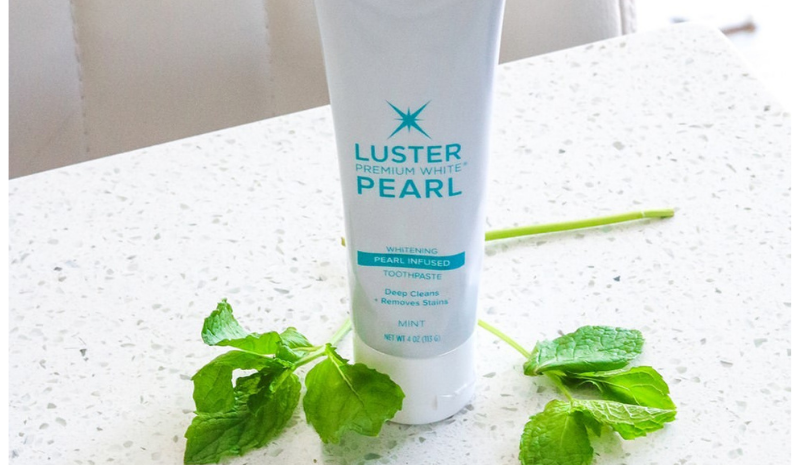
Ammonia
We don’t usually like to talk about this method since it not only affects mice’s scents but also humans who live nearby. Yet, the urine of the predator that eats mice will scare them away. Mice will immediately leave the area if they feel the ammonia smell that belongs to a cat, fox, or owl. Rodents will not come inside the house if they decide that predators are already there.
When the scent that scares mice away starts fading, you have to reapply it again. After some time, if mice don’t leave the house, you need to come up with another plant. It looks like these creatures have learned that there is no one hunting them, and they can co-exist with the animal. You can buy this remedy in the store.
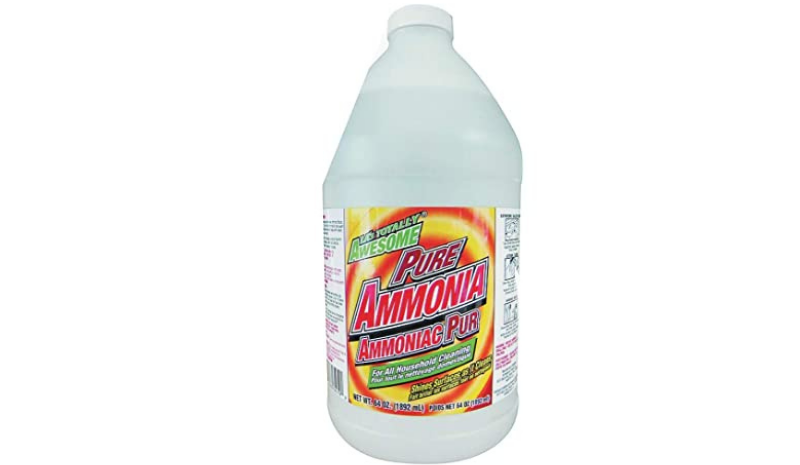
FAQ About Scents That Keep Mice Away
Hopefully, you’ve learned how to scare mice away with the basic natural scents. If you have more questions, you might find answers to them here. I have gathered the most popular questions asked online by users around the world.
What Are the Risks of Natural Mice Repellents?
Sometimes, you can receive eye or skin irritation while applying natural repellents against mice. If you rub your eyes with cayenne or chili pepper, you will feel the pain. Apart from that, you might need to go somewhere else for at least several hours if the scent you apply is too strong. Besides, not all remedies have pleasant smells. While urine of predators is a popular and working remedy, not every person can handle it for too long as well.
How Long Is It Before the Smell Takes Effect on Rats?
The effect might appear immediately. Rats don’t like the scent of predators as well, so they will be gone once they feel it. Still, many rats prefer to dwell outside and come to the house just occasionally. You will have to wait to make sure that the repellent works. On average, you will need to repeat the procedure for several weeks.
What if These Methods Didn’t Work on Rats?
Rats are more dangerous than mice, and they are harder to get rid of. You will need to extend your arsenal of weapons. If you have a rat infestation, you need to call pest control. They are hard to kill with natural scents. You will not be able even to prevent the infestation with such scents.
Scents That Work Against Mice
Mice are tiny creatures that cause numerous troubles. If you don’t want to share your house with them, you have to force them to leave. Natural scents are the first remedies you can try. They are not expensive, not complicated, and you can usually tolerate them. If you use cinnamon sticks, you will feel the house with the pleasant aromas from the candle stores or bakeries. Mice will not tolerate numerous scents which you can use to your advantage. Read the article and pick your weapon.
If you have more recommendations, you can share them in the comments below. Tell me about your experience with mice. Were your efforts successful?
Also read:
[su_posts template=”templates/list-loop.php” posts_per_page=”5″ offset=”5″ order=”desc”]

